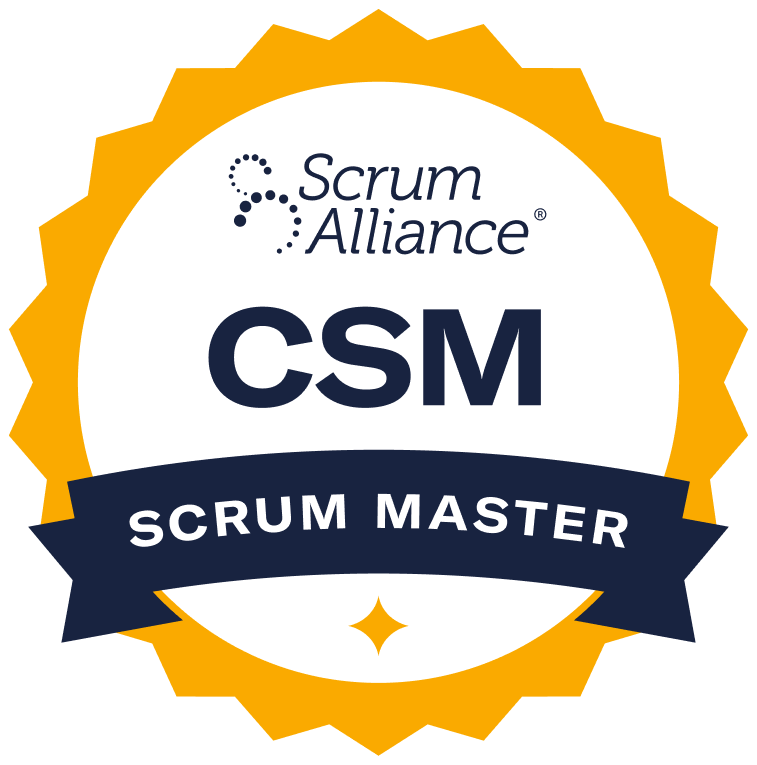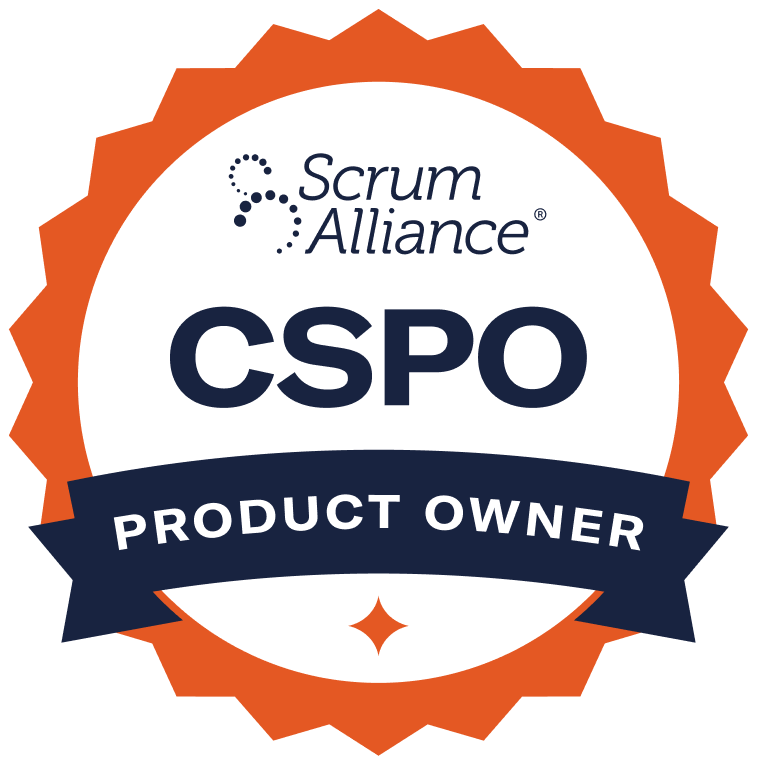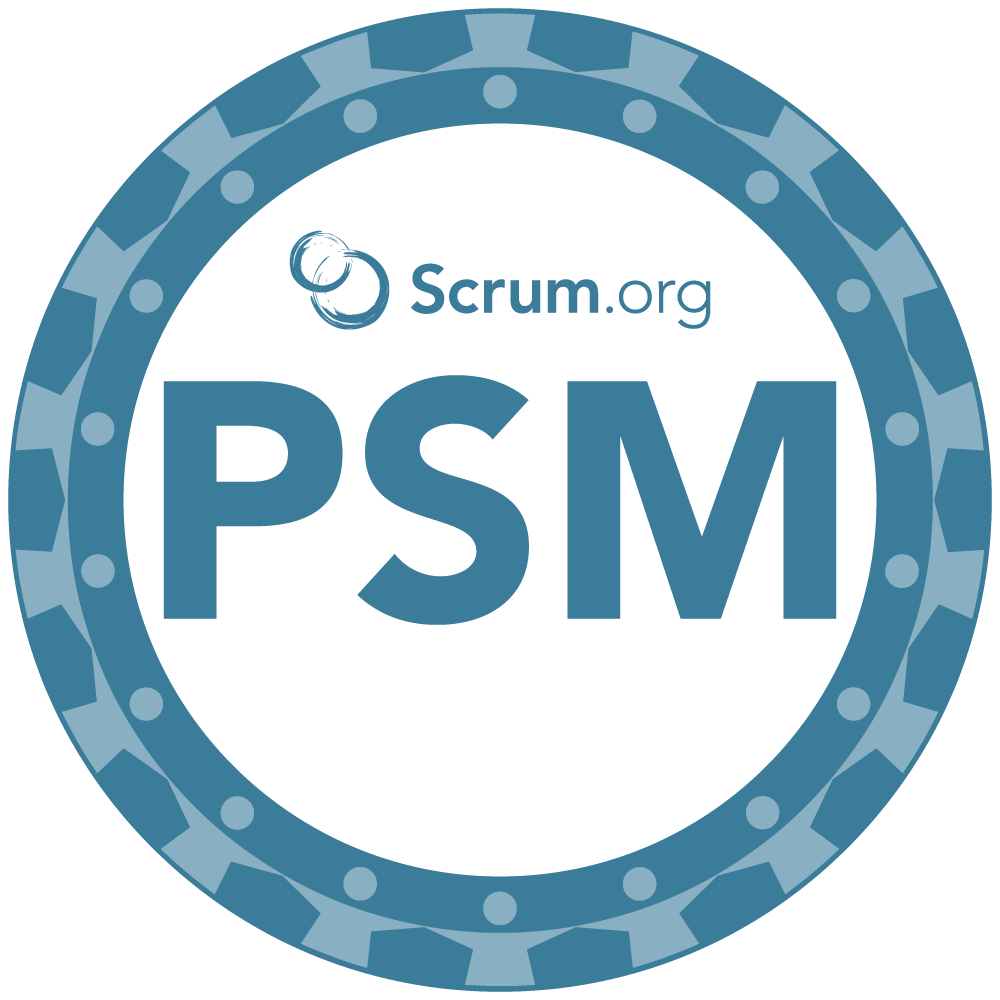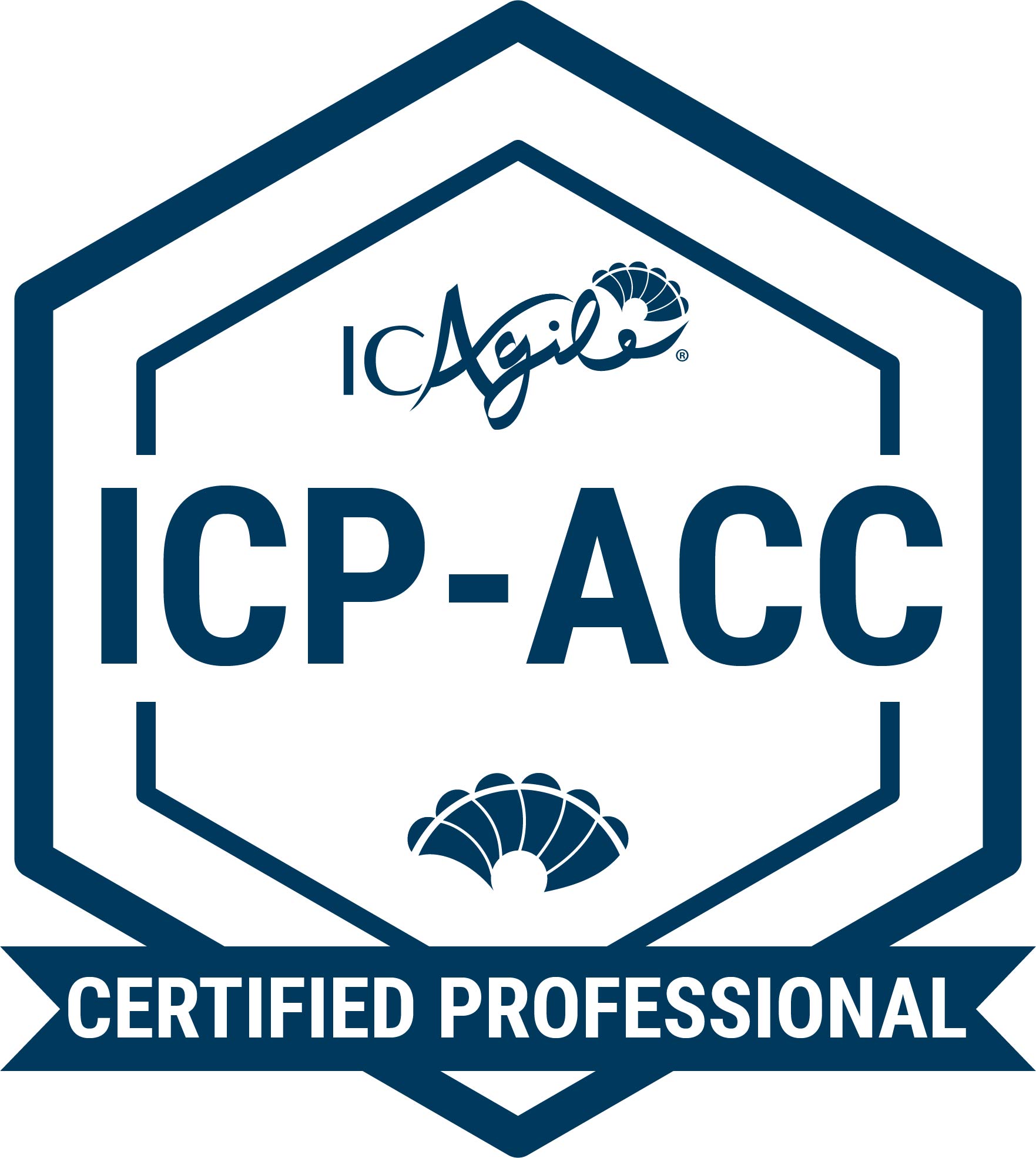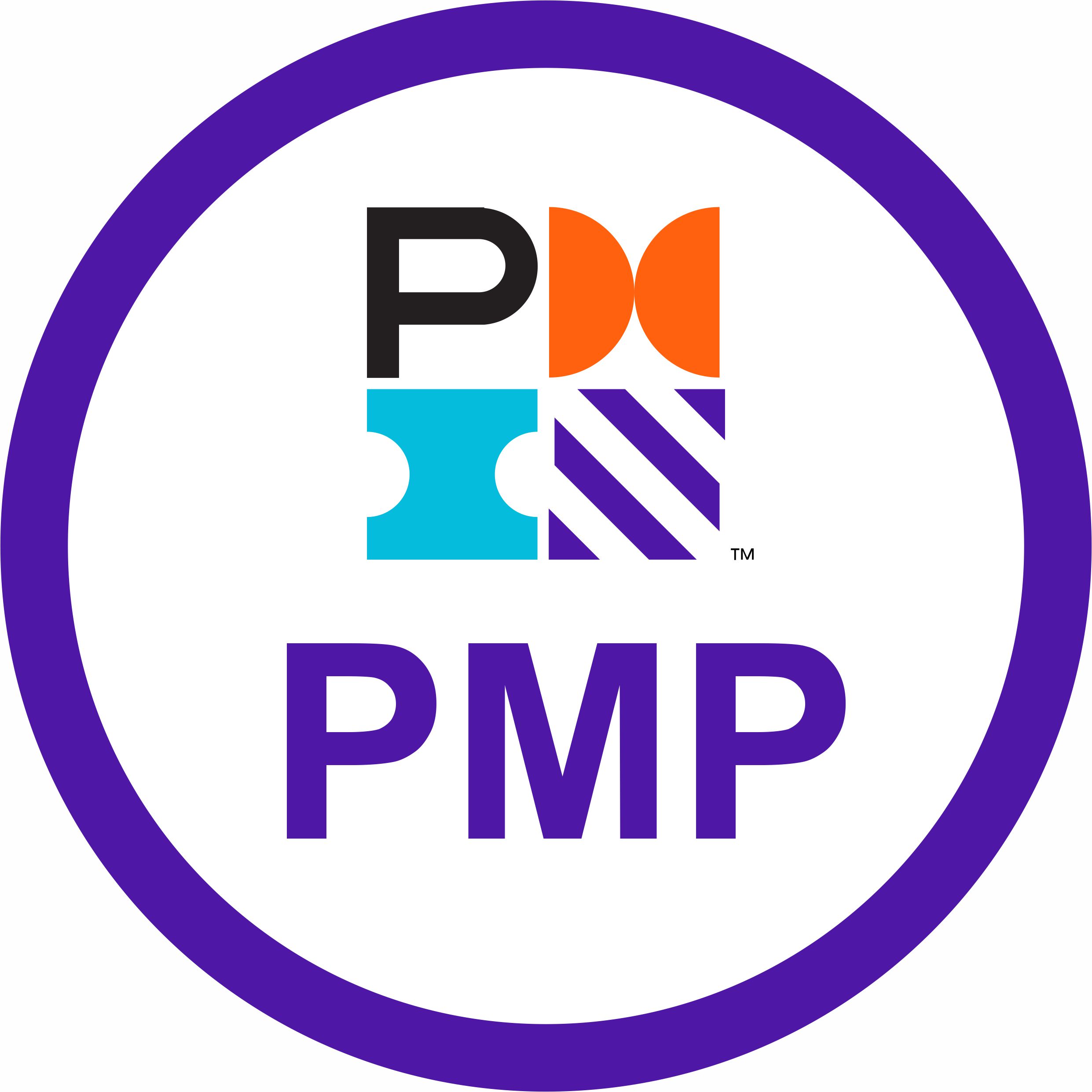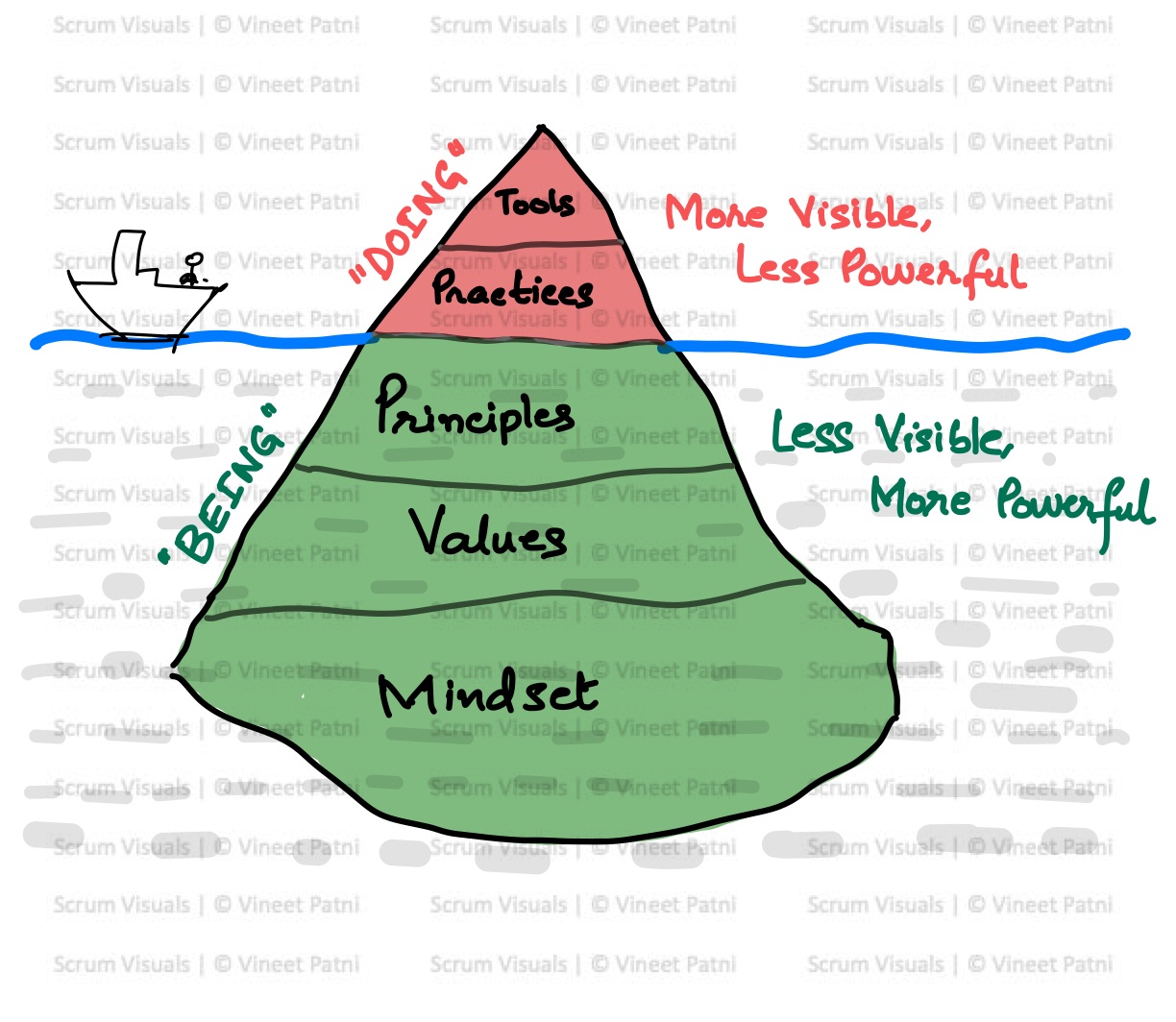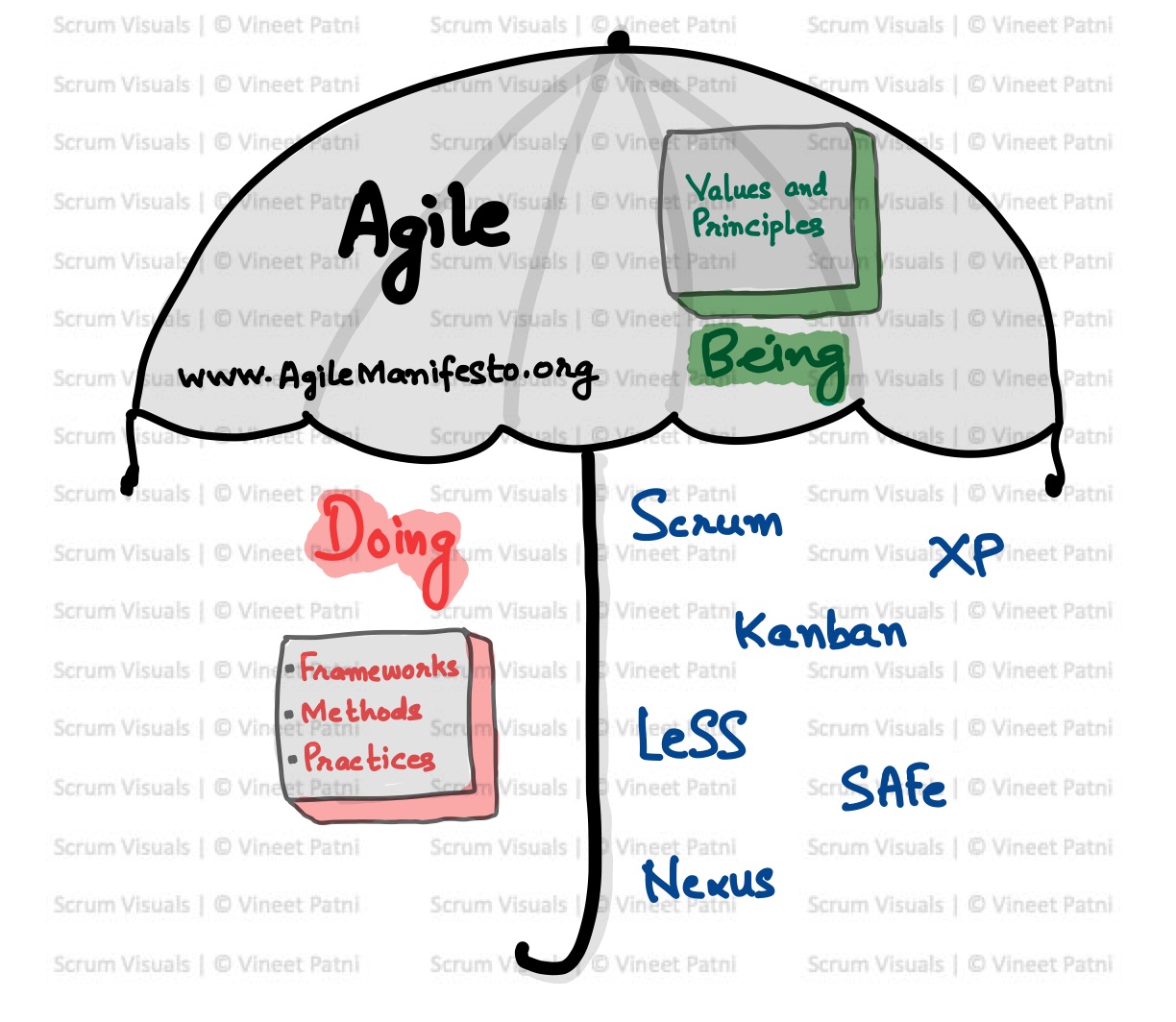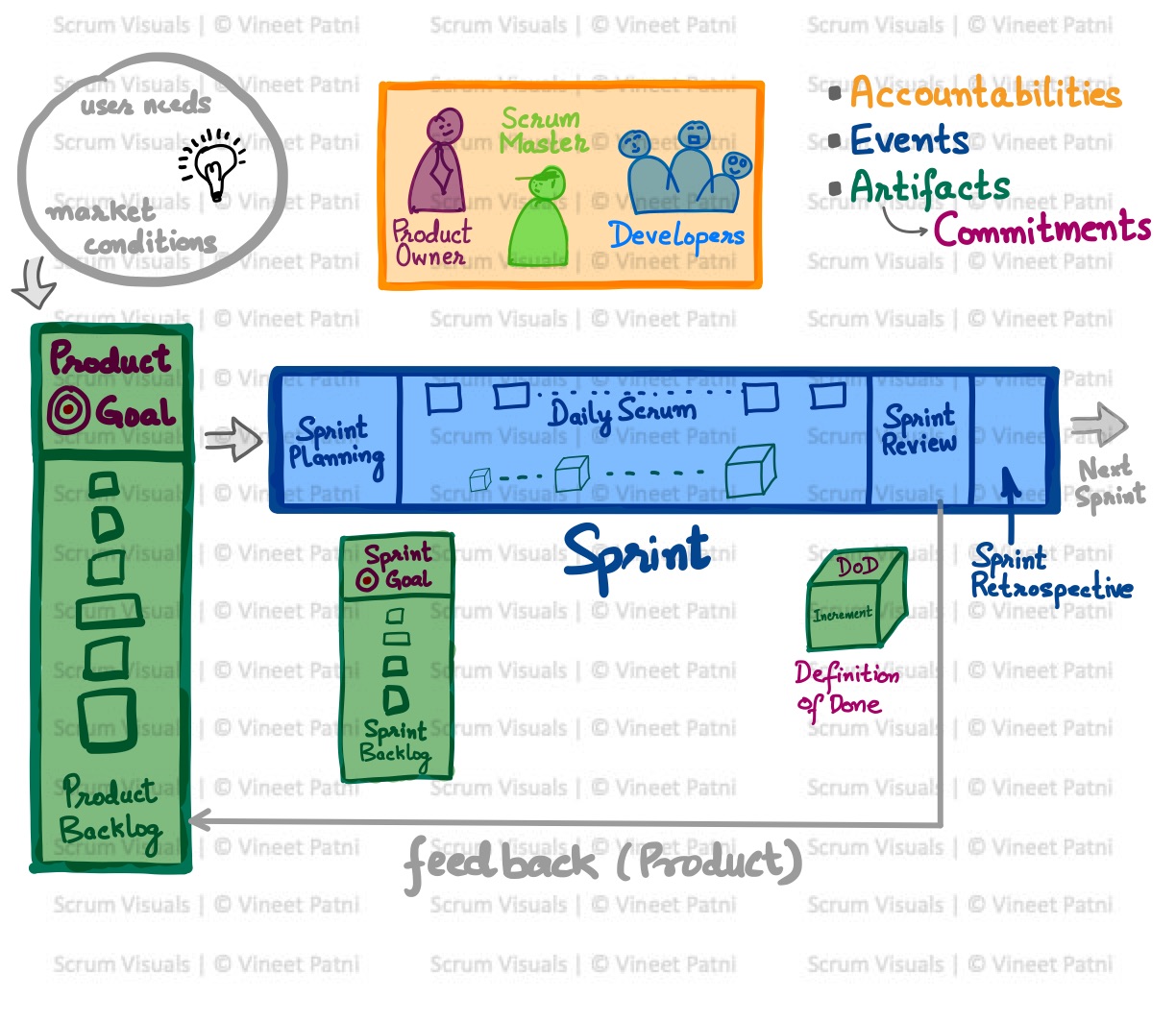Agile Entrepreneurship for Startups: How Agile Helps New Businesses Thrive and Scale
In recent years, we’ve seen many promising startups shut down or get acquired by larger players. While the reasons vary, common challenges stand out:
- Poor entrepreneurial capabilities
- Teams unable to adapt to change
- Limited funds and slow execution
- Lack of careful planning
- Weak market research on customer needs
- Low customer satisfaction
- Absence of structured feedback
In today’s unpredictable business environment, traditional approaches often fall short. Startups need a mindset that is flexible, adaptive, and customer-focused. This is where Agile or Business Agility comes into play. Agile isn’t just for software—it’s a powerful tool for entrepreneurs to build, test, and scale businesses effectively.
Why Agile is Crucial for Startup Growth
Agile provides entrepreneurs with a framework or approach to adapt quickly, minimize risks, and stay customer-centric. Here’s how Agile can transform a startup journey:
1. Assess and Reassess Your Plan
No matter how passionate you are about your idea, always validate it with market research. Ask:
- Do people really need this product/service right now?
- What’s the right time to enter the market?
- What risks and opportunities exist?
Regular market research helps startups pivot when necessary, attract investors, and increase their chances of longevity. Agile encourages continuous reassessment so that ideas evolve with real-world demands.
2. Keep an Open Mind
Rigid structures can limit opportunities. Startups thrive on flexibility. An Agile mindset helps entrepreneurs stay open to feedback, seize unexpected opportunities, and adapt to new market trends. Flexibility also increases the chances of retaining top talent and attracting investors.
3. Break Work into Smaller Work-items or Tasks (Timeboxing)
Launching a startup involves overwhelming tasks. Instead of using traditional waterfall methods that delay outcomes, Agile recommends breaking tasks into smaller pieces and timeboxing them.
This allows you to:
- Stay focused and deliver incrementally.
- Launch a minimum viable product (MVP) faster.
- Gather early customer feedback before scaling.
4. Embrace Failure and Learn Fast
Fear of failure often prevents startups from exploring opportunities. Agile promotes experimentation and learning:
- Test new ideas quickly.
- If something doesn’t work, adapt and move forward.
- Treat failures as data points—not dead ends.
5. Reduce Risks with Agile Iterations
Startups run on limited resources, making risk management crucial. Agile helps minimize risk by embedding customer feedback into short cycles. This allows teams to make swift adjustments and launch competitive products without overspending.
At the same time, calculated risks encourage entrepreneurial growth.
6. Prevent Professional Fatigue
Startup founders often overwork, leading to burnout and reduced productivity. Agile distributes work more effectively, balancing efforts across the team. The result: higher efficiency, sustainable growth, and healthier work environments.
7. Make Informed Decisions with Real Data
Startups face tough decisions, often without prior experience. Agile emphasizes short cycles and quick feedback loops, enabling entrepreneurs to:
- Validate assumptions faster.
- Gather real customer insights.
- Make data-driven, informed decisions.
Conclusion: Agile as the Startup Growth Engine
Agile approaches help startups:
- Convert ideas into businesses.
- Launch MVPs quickly.
- Attract investors with evidence-backed growth.
- Capture markets and scale sustainably.
In today’s uncertain business environment, Agile entrepreneurship isn’t just an option—it’s a necessity for startups that want to survive, thrive, and grow into lasting enterprises.
Upcoming Trainings
← Scroll to see more →


